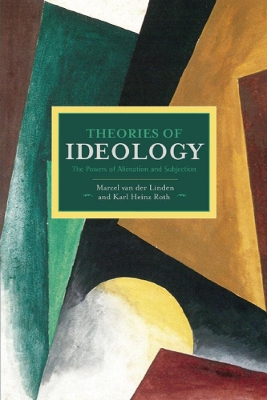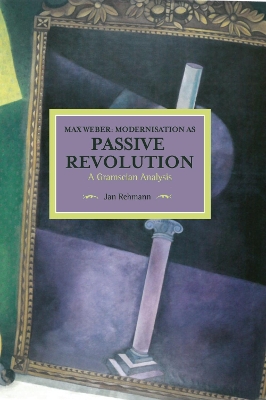Historical Materialism
2 total works
Theories Of Ideology: The Powers Of Alienation And Subjection
by Jan Rehmann
Published 25 December 2014
The emergence of ideology theories marked a re-foundation of Marxist research into the functioning of alienation and subjection. Going beyond traditional concepts of 'manipulation' and 'false consciousness', such theories turned to the material existence of hegemonic apparatuses and focused on the mostly unconscious effects of ideological practices, rituals and discourses. Jan Rehmann reconstructs the different strands of ideology theories, and applies them variously to the 'market totalitarianism' of today's hi-tech captialist society.
Max Weber: Modernisation As Passive Revolution: A Gramscian Analysis
by Jan Rehmann
Published 11 February 2016
Basing his research on Gramsci's theory of hegemony, Jan Rehmann provides a comprehensive socio-analysis of Max Weber's political and intellectual position in the ideological network of his time. Max Weber: Modernisation As Passive Revolution shows that, even though Weber presents his science as 'value-free', he is best understood as an organic intellectual of the bourgeoisie, who has the mission of providing his class with an intense ethico-political education.

